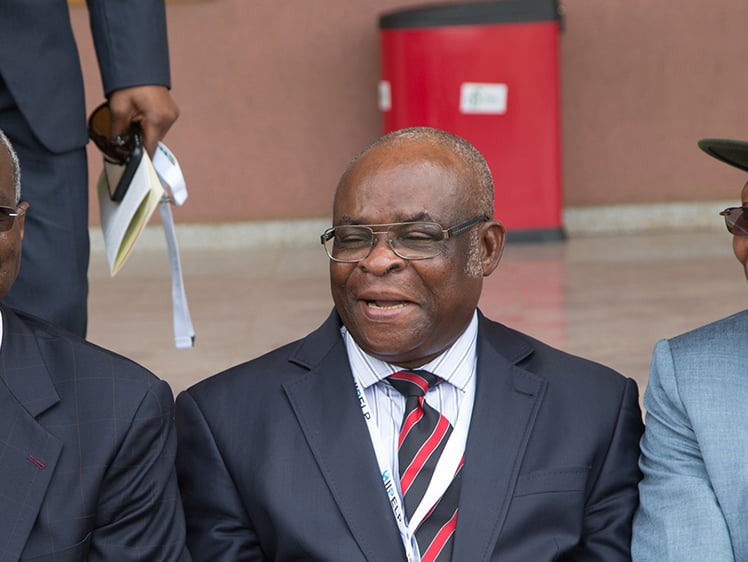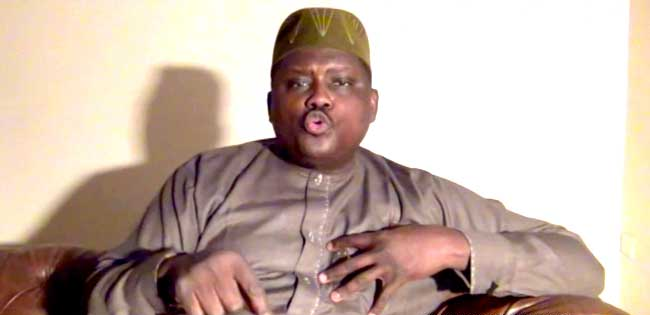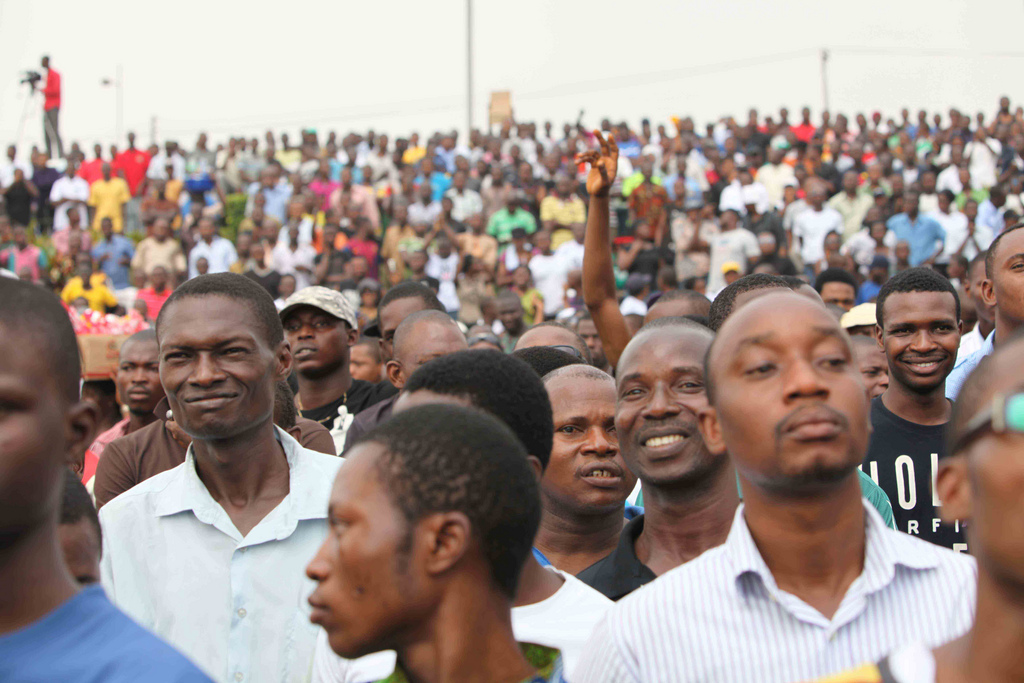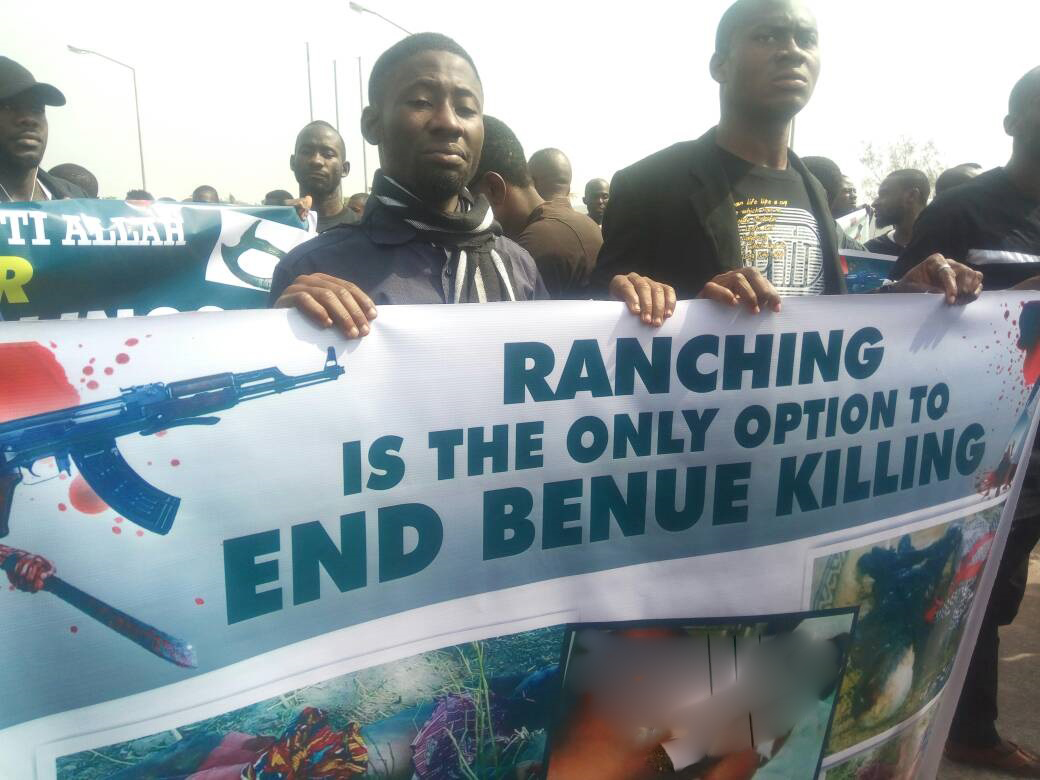Contempt committed outside the court is a criminal offence and indeed could result in imprisonment. The offence of contempt is enshrined in common law and various criminal statutes. It forbids offensive publications which may interfere with pending litigation because it could impact on the parties’ right to fair hearing.
It is against this background that I want to comment on the alleged threat widely reported in the Nigerian newspapers by the Chief Justice of Nigeria to possibly jail people who discuss any pending matter in court.
Commentary on pending litigation is a long established tradition which is permissible in order to filter potential abuse of powers and also to publicise activities of the State. The alleged admonition coming from the pinnacle of the judiciary is an attempt to stifle and muzzle the press. The statement is not the law as it stands in Nigeria today. The media is the fourth estate of the realm which has a duty to act as a check on the other arms of government, not just the judiciary but also the executive and legislature. It is their duty to comment on everything and this right is protected in the constitution.
In Otunba Justus Olugbenga Daniel v Federal Republic of Nigeria [2014] 8 NWLR (PART 1410) 570 delivered by the Court of Appeal, Ibadan Division, the main issues dealt with in the appeal were fair hearing, abuse of court process and contempt of court. Justice Daniel – Kalio treated the issue of a publication on court proceedings amounting to contempt of court. He held “mere publication will not amount to a contemptuous act unless it is calculated to bring a court or judge of the court into contempt or lower his authority or to interfere with the course of justice”.
Advertisement
Our legal system recognises the ability of judges to be unmoved by extraneous matters like publications. They are also further granted immunity for actions taken pertaining to their judicial acts.
In the celebrated case of R. v Commissioner of Police, Ex Parte Blackburn (No.2)[1968]2 q.b 150,154(Court of Appeal), Lord Denning (of blessed memory) said: “Let me say at once that we will never use this jurisdiction as a means to uphold our own dignity. That must rest on surer foundations. Nor will we use it to suppress those who speak against us. We do not fear criticism, nor do we resent it. For there is something far more important at stake. It is no less than freedom of speech itself. It is the right of every man, in Parliament or out of it, in the Press or over the broadcast, to make fair comment, even outspoken comment, on matters of public interest……… All we would ask is that those who criticise us will remember that, from the nature of our office, we cannot reply to their criticisms. We cannot enter into public controversy. Still less into political controversy. We must rely on our conduct itself to be its own vindication.”
I quote Richard Akinnola, Director of Media Law Centre, Lagos, “In Nigeria, horrendous crimes are often perpetrated and while non-committal legal steps are taken by authorities to prosecute such crimes, the caveat is clothed in the garb of the sub judice doctrine that supposedly puts a lid on further discussions on the subject matter. And unfortunately, the press over the years has been cowed due to this misconception that once a case is in court, it cannot make any comment, no matter how innocent and well intentioned. It is rather unfortunate that the press has been hoodwinked or misinformed, of the true position of its responsibility”.
Advertisement
The comment by the Chief Justice of Nigeria should be a wake up call to the press to jealously guard the right which is engrained in the constitution to comment freely on all matters of public interest especially pending court actions but in a way that will not impede fair trial or interfere with the proceedings. This will require the legal profession and the media to work in partnership to save our judiciary from itself and protect the rights of the citizens of this country. Invariably the Chief Justice of Nigeria’s statement does more harm than good when really understood for what it is.
Views expressed by contributors are strictly personal and not of TheCable.
Add a comment







